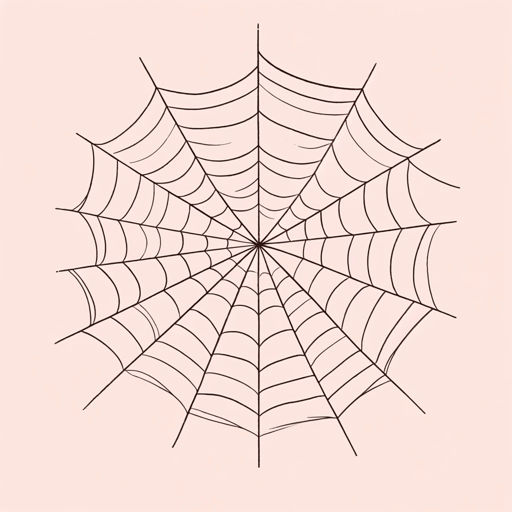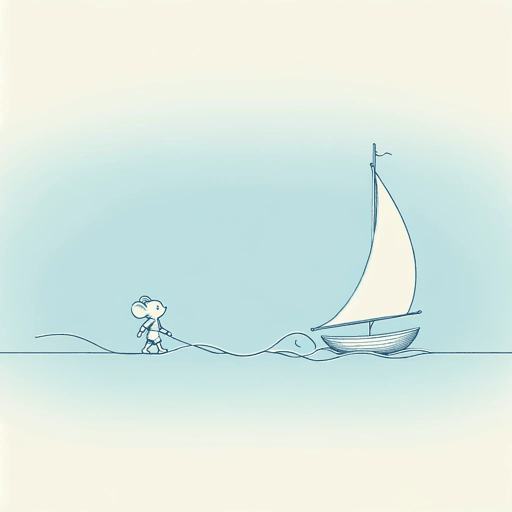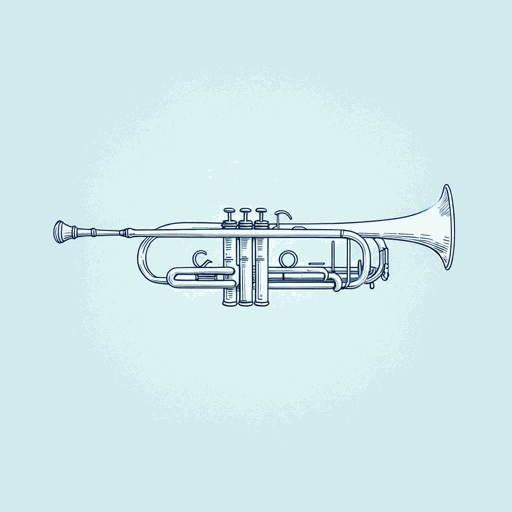16 pages • 32 minutes read
E. B. WhiteOnce More to the Lake
Nonfiction | Essay / Speech | Adult | Published in 1941A modern alternative to SparkNotes and CliffsNotes, SuperSummary offers high-quality Study Guides with detailed chapter summaries and analysis of major themes, characters, and more.
Themes
Linear and Cyclical Concepts of Time
“Once More to the Lake” reflects White’s efforts to make sense of the passage of time in his own life. Using his nostalgic return to the lake as a framing device, White outlines two competing models of time. Most prominently, he invokes a notion of time based on the cyclical, repetitive nature of certain events. This concept of time is linked to natural phenomena, such as the lake itself and the archetypal relationship between father and son. White contrasts the cyclical nature of time with a linear description of time. He also highlights changes brought by time, including industrial development and his own process of aging.
When White writes “I began to sustain the illusion that [my son] was I, and therefore, by simple transposition, that I was my father” (2), he attributes meaning to the repetition of certain important events. In this instance, by inhabiting the role of his father, White feels connected to a cycle of life that exists outside of himself. White views the cyclical version of time’s passage as magical and associates his ability to experience this sort of time with the lake, which he describes as “an utterly enchanted sea” (2).
Related Titles
By E. B. White





